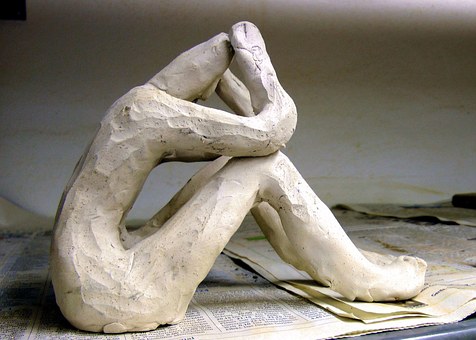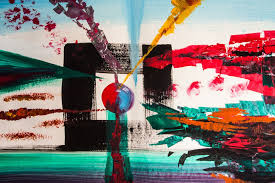
What is Expressive Therapy?
What is Expressive Therapy?
As an Expressive Therapist I’m often asked this question. This is how I explain it:
While traditional talk therapies rely on verbal communication to deliver change in a person’s life, for many clients talking, on its own, is neither the most effective nor the most desirable means of exploration. For some, there are things that simply can’t be spoken about without the risk of re-traumatising or they may lie below our level of conscious awareness. How can these things be retrieved, expressed, explored and addressed safety and in a way that is helpful?
Historically, humans have intuitively drawn on creative expression as a means of self-exploration and communication. Be it via art-making, dance, movement, symbols, storytelling, music, song, poetry or creative writing, the creative arts have long been used to facilitate deeper human connection, enhanced self-awareness and overall wellbeing. It is no surprise then that in recent decades the use of multimodal, creative expression for psychotherapeutic outcome has been recognised, explored and developed into the respected holistic health intervention that it is today.
As a person-centred, trauma-informed arts therapist, I work collaboratively with each client to offer custom-designed creative inquiry that facilitates deeper exploration of the lived experience, increased awareness, personal empowerment and ultimately, change in the ways the client has determined.
For those open to working creatively the modality used will be the one most suited to the individual client on any given day … the one with which they most resonate. Nothing is forced or pressured and our work together emerges organically.
Do I Need to be Able to Draw?
People often ask this important question and are quick to point out that they ‘can’t draw’. Rest assured, no artistic skills whatsoever are necessary to engage with Art Therapy. Mostly, the initial invitaion is presented as, ‘to represent the matter at hand through shapes, colours, lines or mark-making as it feels best for you’. This does the job perfectly. It’s not about producing magnificant pictures for display. It’s about the process of creating and the internal attunement gained along the way through deeply connecting to other faculties of knowing.
In the words of Paul Klee, 'Art does not reproduce what we see; rather, it makes us see'.





